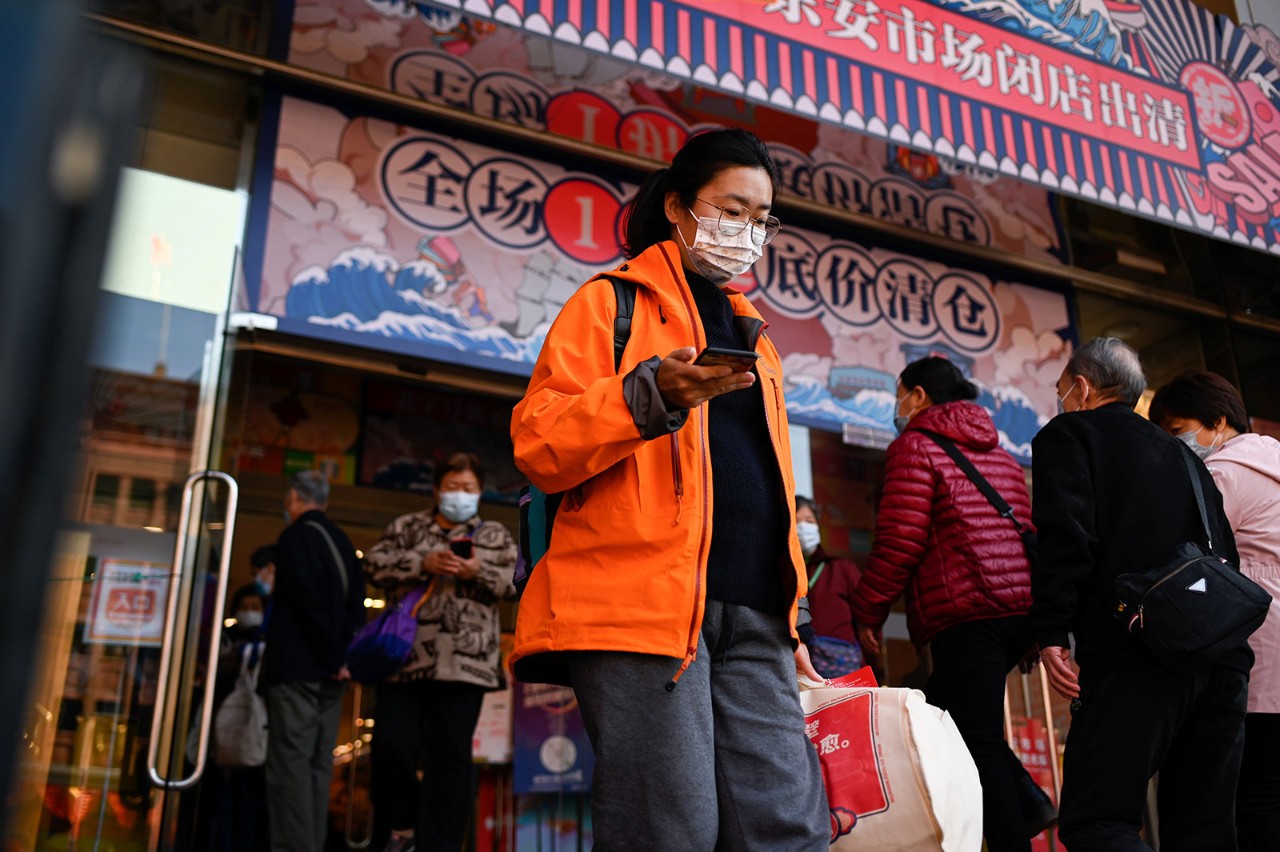
This has been an extraordinary year by any standards, but the story in Vietnam stands out.
To start with, the country of nearly 100 million people has received a fair amount of media attention for its effective handling of Covid-19.
One news item that did go slightly unnoticed, however, was the approval in April of a free-trade agreement between the European Union (EU) and Vietnam.
The agreement was unique because it includes certain environmental, social and governance (ESG) provisions – for example, around property protection, labour rights and sustainable development.
Singapore is the only other nation in the region to seal a similar kind of trade agreement with the EU, and such provisions on labour rights and sustainability criteria will ultimately strengthen the value of Vietnamese companies.
Growing awareness
Although environmental, social and corporate governance (ESG) investing has been burgeoning in Vietnam for some time, awareness of it has accelerated this year as Covid-19 proves how sustainability strategies can help shape positive outcomes and long-term performance.
We are also seeing more collective action between ESG-focused investment managers, prudential regulators and standard setters. Investors have an important stewardship role that encourages boards to follow through objectives, while boards, in turn, have a fiduciary duty to meet stakeholders’ expectations – for example, in their treatment of employees and their impact on the environment.
Companies that are more ESG aware have better supply chain resilience and corporate governance
The move towards inclusivity
Banks are regulated more than other industries in Vietnam and as a result must adopt best practice standards, such as Basel II, which pushes them to maintain healthy balance sheets and operational resilience.
Next year could see strong performance by banks as Vietnam’s e-commerce market continues to skyrocket and middle-income consumers continue to multiply. The potential is promising since despite rapid growth over the past 20 years, less than 40% of the population has bank accounts.
The momentum was marked recently when Timo Plus, Vietnam’s first digital bank, relaunched its services, alongside the government’s ongoing focus on expanding the fintech sector, offering start-ups preferential loans from the Vietnam Development Bank.
The growing focus on ESG in Vietnam was well-documented in a report released in August by Ho Chi Minh City Securities Corporation (HSC). It highlighted how those companies committed to sustainability have been more resilient throughout the pandemic, and discussed how investment managers are much more heavily weighting non-financial factors when identifying more subjective material risks and growth opportunities.
‘It stands to reason that companies which are focused on the long-term are better managers of investors’ capital, more able to minimise volatility and risk in their operations and therefore better positioned to generate longer-term returns,’ the report stated.
Long-term performance
The report explored how companies that are more ESG aware have better supply chain resilience and corporate governance – crucial during disruption and integral to long-term performance. In order to improve ESG ratings, the report said, companies must audit supply chains, employee practices and internal logistics, as well as preparing detailed reports to comply with frameworks such as those of the Sustainable Accounting Standards Board (SASB).
One example is Vinamilk (VNM), which we consider an early adherent of good corporate governance, having invited foreign specialists as supervisory and main board of directors for more than a decade. VNM has attracted significant investment from regional strategic investors as well, due largely to its increasingly robust ESG reporting methodology and long-term performance.
Effective disclosures
Although most Vietnamese companies making progress on the ESG front are mainly larger or in financial services, HSC believes that more are inclined to make more effective disclosures in their annual reports, especially as SASB, the Global Reporting Initiative (GRI) and CDP continue to move forward in setting standards and definitions. One of the biggest hurdles, the report notes, is the lack of reliable data.
Positive steps
Nevertheless, every month, more evidence emerges of companies adopting international financial reporting standards (IFRS Standards). A recent survey by ACCA, Ho Chi Minh Stock Exchange, Deloitte Vietnam, the State Securities Commission (SSC) and the Ministry of Finance, found that over half of the respondent companies have been adopting IFRS Standards evidence to meet investors’ expectations and improve their corporate governance.
Furthermore, the survey revealed that at least 55% of the companies that have not yet adopted IFRS Standards plan to do so before 2025, the deadline for Decision 345, the government’s plan to encourage their use by local companies.
Interestingly, the survey also noted that 53% of the responses came from chief accountants and a third from senior managers.
This is a positive sign for Vietnam’s business community and shows that more companies are adhering to these principles and increasingly attracting more investment as a result. The use of IFRS Standards should also expand as more universities incorporate it into their curriculum.
The next generation
ACCA agrees that a combination of public awareness, regulation and the imminent generational transfer of wealth will continue to drive the increase in ESG demand in Vietnam.
‘Looking at the recent performance figures, ESG funds have proved to not only outperform in normal circumstances but also have defensive characteristics,’ the HSC report noted.
There is a great amount of evidence globally proving that the millennial generation puts much more weight on investing sustainably. It is also evident that ESG as an investing concept is already becoming mainstream in Europe and increasingly the US.
Another recent report exemplifies how quickly Vietnam is changing. The British Council’s Next Generation Vietnam showed that 37% of 16-to-30-year-olds plan to start their own business.
Pulling together
Vietnam’s battle against Covid-19 has boiled down to its people pulling together, taking ownership and making it their duty to follow the government’s guidelines and rally against the virus as a matter of national security.
The way Vietnam has dealt with the virus so far has given the world a lot of confidence in the country, and it can only bank on that moving forward if the government, its people and business community do the right thing.



